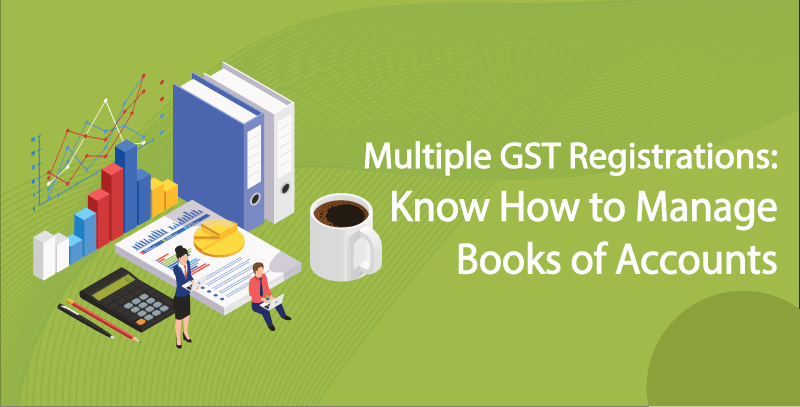GST registration for multiple states
Introduction
Definition of GST Registration for Multiple States
GST registration is a mandatory requirement for businesses whose turnover exceeds the prescribed threshold limit or those engaged in interstate trade. When a business operates in more than one state, it must obtain separate GST registrations for each state where it has a place of business.
Application Process for GST Registration in Multiple States
Step 1: Determine the Need for Registration
- Businesses with a presence in multiple states must register separately in each state.
- Mandatory registration is required for businesses engaged in interstate supply of goods or services, e-commerce, or providing taxable services.
Step 2: Prepare Necessary Documents
The following documents are required for GST registration in each state:
- PAN card of the business
- Proof of business registration or incorporation certificate
- Identity and address proof of promoters/partners
- Address proof of business premises (rental agreement, utility bill, or property document)
- Bank account details
- Digital Signature Certificate (for companies and LLPs)
Step 3: Apply for GST Registration
- Visit the GST portal (www.gst.gov.in).
- Log in and select ‘New Registration.’
- Fill in business details for each state separately.
- Upload the required documents and submit the application.
- Receive an Application Reference Number (ARN) for tracking.
Step 4: Verification and Approval
- The application undergoes verification by the GST authorities.
- If any clarification is require, the authorities will notify the applicant.
- Upon approval, the GST Identification Number (GSTIN) is issued for each state.
Benefits of GST Registration in Multiple States
- Legally Compliant Operations: Ensures that businesses adhere to state-wise tax regulations.
- Seamless Input Tax Credit (ITC): Businesses can claim ITC on purchases made within each state.
- Improved Business Credibility: GST registration enhances a company’s credibility in the market.
- Facilitates Interstate Trade: Businesses can trade across states without tax barriers.
- Avoids Legal Penalties: Prevents non-compliance penalties due to unregistered business operations.
Limitations of Multiple GST Registrations
- Increased Compliance Burden: Each GST registration requires separate tax filings and documentation.
- Higher Operational Costs: Additional administrative efforts and costs for maintaining multiple registrations.
- Complexity in ITC Utilization: Input tax credit is restricted within each state, complicating tax planning.
- Time-Consuming Process: Managing multiple registrations and compliance can be time-intensive.
Comparative Table: Single GST Registration vs. Multiple GST Registrations
| Aspect | Single GST Registration | Multiple GST Registrations |
|---|---|---|
| Number of GSTINs | One | Separate for each state |
| Compliance Requirements | Lower | Higher |
| ITC Claiming | Single state only | State-wise ITC benefits |
| Operational Cost | Lower | Higher due to multiple filings |
| Business Expansion | Limited | Seamless across states |
| Legal Compliance | Less complex | More complex |
Conclusion
GST registration for multiple states is essential for businesses operating across different locations in India. While it enhances compliance and enables smooth interstate trade, it also brings added administrative responsibilities. Businesses must carefully assess their operations, costs, and compliance capabilities before opting for multiple GST registrations. Proper tax planning and efficient management can help mitigate challenges and ensure hassle-free operations.
For more information to visit: https://www.gst.gov.in/
FAQs:
For further details access our website: https://vibrantfinserv.com

